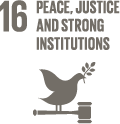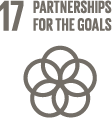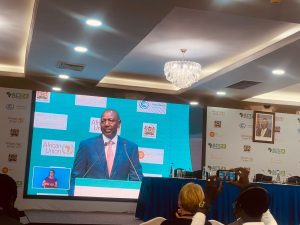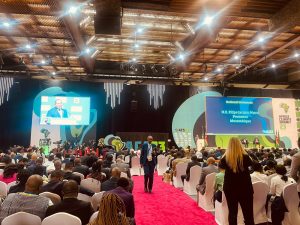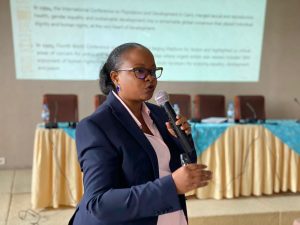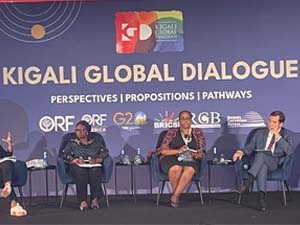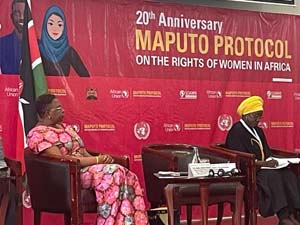African Renaissance
African Renaissance is a Not-for-Profit Trust that envisions a continent where populations live healthy, empowered, and dignified lives. African Renaissance was established in 2019 to challenge ideological, structural, and political drivers of inequality, inequity and injustice. Tackling inequality, inequity, and injustice not only aligns with global human rights principles but also paves the way for a unified and thriving Africa, capable of voicing its own concerns and playing a significant, authentic and dignified role on the global diplomacy stage.
We are persuaded that overcoming inequality, inequity, and injustice is necessary for the realization of Africa’s full potential as articulated in African Union’s Agenda 2063. African Union’s Agenda 2063 is Africa’s blueprint and master plan that aims to deliver on inclusive and sustainable development through 7 Aspirations & 20 Goals pursued under Pan-Africanism and African Renaissance.
African Renaissance is invested in drumming Africa towards transformational development for all.
We advance our mission by intervening in policy processes to position gender equality, health equity and socio-economic justice, and we pursue our goals through the direct engagement of policy makers, political leaders, parliamentarians, champions and communities across Africa. African Renaissance Trust is registered in the Republic of Kenya, accredited to the African Union and described in section 501(c)(3) and section(s) 509(a)(1), 170(b)(1)(a)(vi) of the US Internal Revenue Code.
African Renaissance thus, operates in the complex intersection where the rights bearers, the duty bearers, policy and practice converge to inspire and support inclusive and empowering policy processes that serve the Africa’s Citizenry with specific focus on meeting the needs of marginalized populations, women, and the youth.
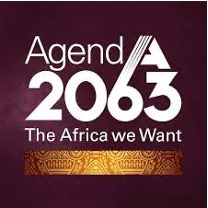
AU Agenda 2063
AU Agenda 2063 is Africa’s concrete manifestation of the Pan-African drive for unity, self-determination & freedom progress and collective prosperity encapsulates not only

Cheikh Anta Diop a Senegalese
Cheikh Anta Diop a Senegalese historian, anthropologist, physicist, and politician, significantly influenced the African Renaissance in the 1940s.
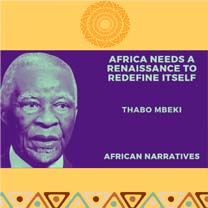
H.E. Thabo Mbeki
We recognize our heroes H.E. Thabo Mbeki Prof. Paul Tiyambe Zeleza Prof. Olúfémi Táíwò and others who have laid the intellectual and

FROM AFRICAN LEADERS
he world’s interactions with Africa are not necessarily motivated by altruism, but by the self-interest of states seeking to maximize their opportunities and minimize their costs, often at the expense of those who are not in a position to do either.
WANGARI MAATHAI
AFRICAN HEROI have taken a moment here to rest, to steal a view of the glorious vista that surrounds me, to look back on the distance I have come. But I can only rest for a moment, for with freedom come responsibilities, and I dare not linger, for my long walk is not ended.
Nelson Mandela
African heroToday we are faced with a challenge that calls for a shift in our thinking, so that humanity stops threatening its life-support system. We are called to assist the Earth to heal her wounds and in the process heal our own - indeed to embrace the whole of creation in all its diversity, beauty and wonder. Recognizing that sustainable development, democracy and peace are indivisible is an idea whose time has come
WANGARI MAATHAI
AFRICAN HEROI had no epiphany, no singular revelation, no moment of truth, but a steady accumulation of a thousand slights, a thousand indignities and a thousand unremembered moments produced in me an anger, a rebelliousness, a desire to fight the system that imprisoned my people. There was no particular day on which I said, Henceforth I will devote myself to the liberation of my people; instead, I simply found myself doing so, and could not do otherwise.
Nelson Mandela
African hero














